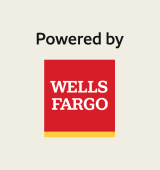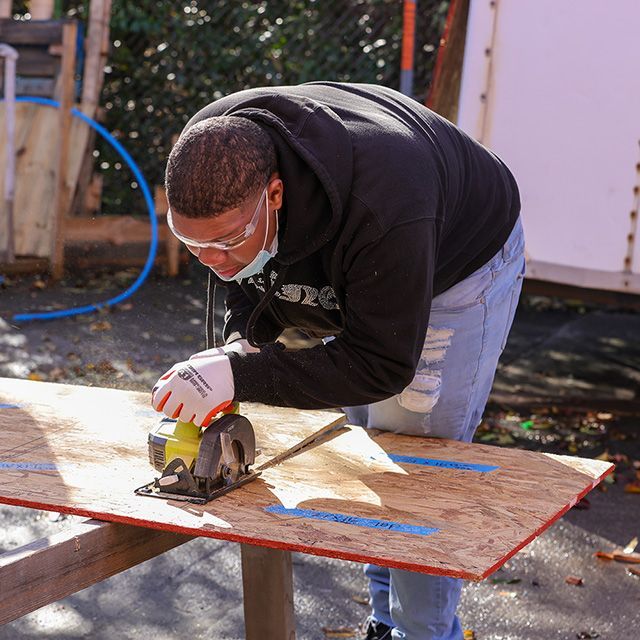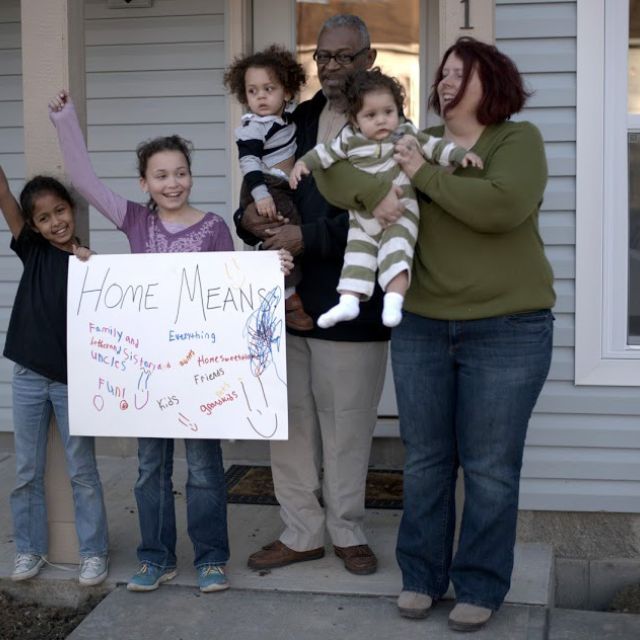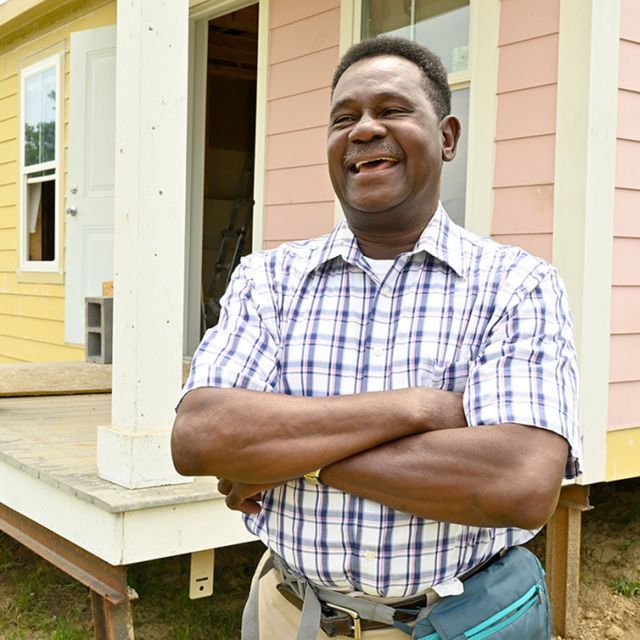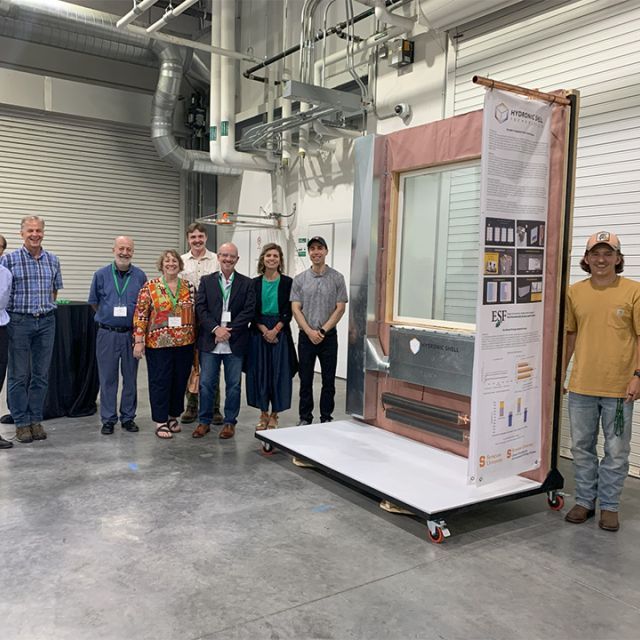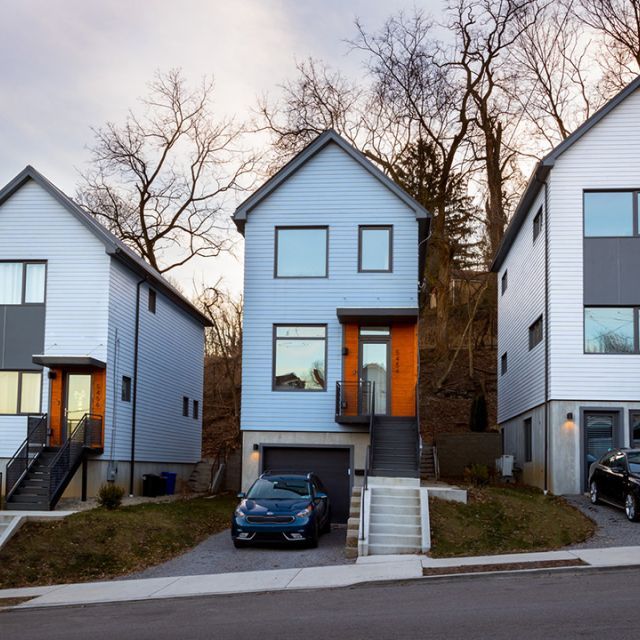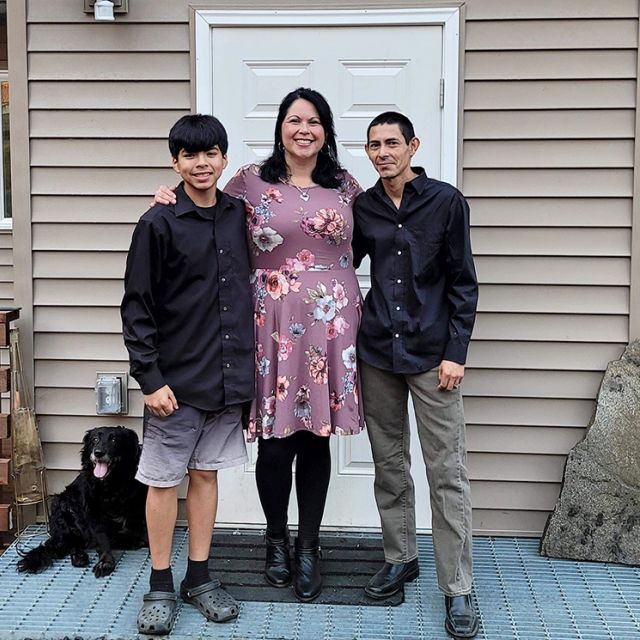The need for affordable housing nationwide continues to exceed the supply. The Housing Affordability Breakthrough Challenge aims to close the gap – and create a more inclusive, accessible housing system.
This is the second $20 million innovation challenge made possible with the generous support of the Wells Fargo Foundation.
In November 2023, six organizations prevailed across a three-round competition that drew over 400 nationwide proposals. The winners receive grants of $2 million to $3 million to advance their housing innovations in communities stretching from the Mississippi Delta to Southeast Alaska.
In addition, winners gain technical support from Enterprise and other housing industry leaders and access to a peer learning cohort. The cohort includes fellow 2023 winners as well as winners of the first cycle of the Housing Affordability Breakthrough Challenge, named in 2020.
The cohort will gather virtually and in-person in their local communities to meet and learn from each other, and to see their innovations take shape and scale.
Three Focus Areas
Our 2023 cohort of winners are pursuing innovations that prioritize racial equity and environmental sustainability. Their solutions also embrace one or more of three key areas: Access and Resident Support, Construction and Financing.
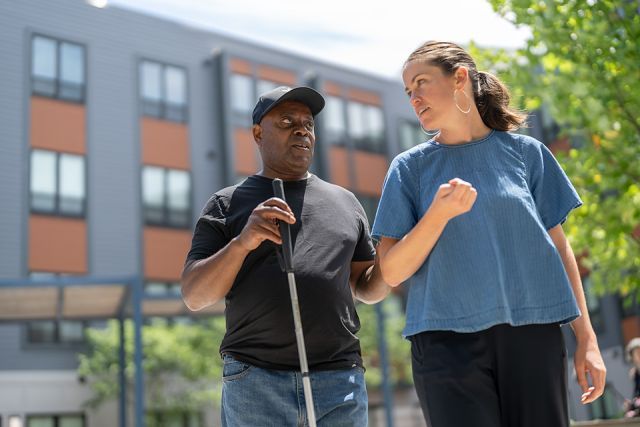
Access and Resident Support: expanding choice, improving service delivery and addressing housing injustices
Access and Resident Support innovations introduce new processes or models that improve the housing experience for residents, such as housing access, choice, and stability, advance fair housing, promote personal agency and create pathways for upward mobility.
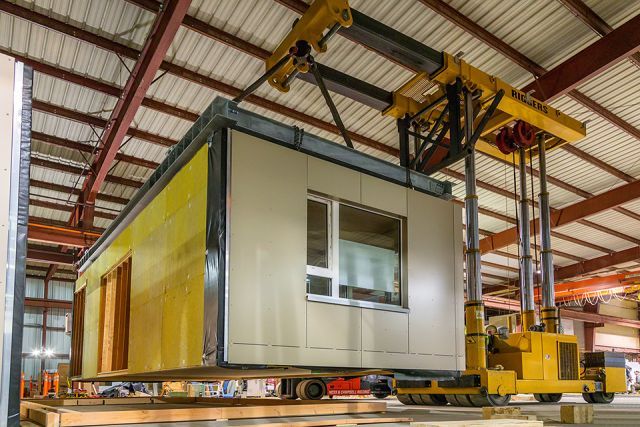
Construction: affordability through creativity, efficiency and resiliency
Construction innovations introduce transformative practices, processes or new materials that create construction efficiencies, streamline supply chains, bolster climate resiliency or reduce building costs.
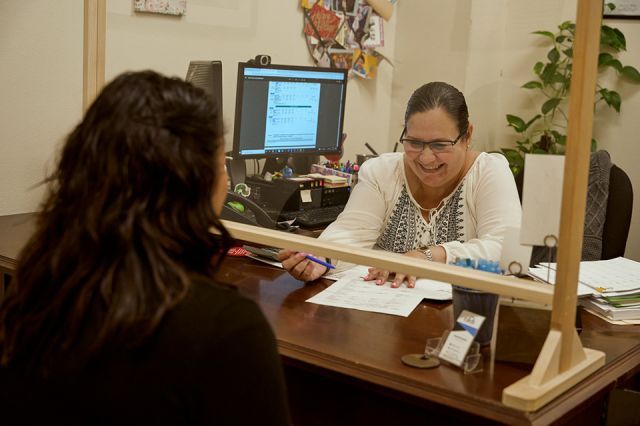
Financing: expanding access, increasing resources, and minimizing risk
Financing innovations introduce new tools or strategies to transform or offer alternatives to current practices, broaden access to capital, unlock or leverage financial resources, and create a more equitable housing market for renters and homebuyers.
